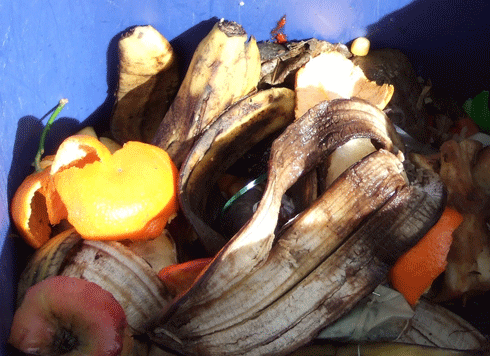
|
Published: 8 April 2013
Food waste for fuel in rural Australia?
Researchers say biogas from small-scale food waste digesters could provide a source of renewable energy for Australia’s rural and regional communities.

|
|
A domestic waste digester could provide approximately 20 per cent of the total gas requirements of a typical household. Credit: US-EPA via flickr under usa.gov licence
|
Murdoch University researcher, Dr Jaya Nair said the biogas could be used for heating, cooking or lighting.
‘Small-scale anaerobic digesters could be particularly attractive to regions not connected to the electrical grid and would be less expensive than a household-level generator,’ she said.
‘In rural communities, a typical family might produce two kilograms of food waste per day. Through anaerobic digestion, this could equate to one and a half to two hours of heating.
‘We estimate that a domestic digester could provide approximately 20 per cent of the total gas requirements of a household, with the most efficient use being for cooking.’
Dr Nair said Australia currently deposits an average of 2.1 million tonnes of food waste into landfills every year, which not only consumes valuable land but also results in emissions of greenhouse gases.
The study – published in Waste Management & Research and co-authored by Xian Fang Lou, Dr Nair and Professor Goen Ho – looked at various scales of food digester systems, including households, community and commercial scale and larger production.
Researchers considered biogas use in lifestyle villages, university residences, regional motels, restaurants, prison facilities, mine sites and grocery distributors.
While capital and operational costs currently make the technology generally prohibitive on a large scale, Dr Nair said household and small-scale systems could feature simple and inexpensive constructions.
‘In smaller communities, the technology does not need to be complex and the system can be managed by the community or households,’ Dr Nair said.
‘These digesters have been used successfully in many small communities in developing countries such as India, Vietnam and China.
‘Given recent developments in waste management, climate change mitigation policies and renewable energy goals, the technology has great potential for Australia.’
Source: Murdoch University



